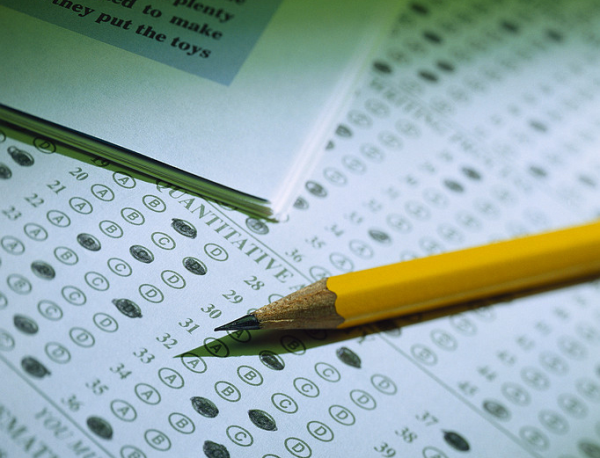Common Questions about the SAT

If you're getting ready to take the SAT for the first time (or if it's in the near future for you), you probably have quite a few questions surrounding the test! Here are some of the most frequently asked questions about the SAT.
 Why Should I Take the SAT?
Why Should I Take the SAT?
The SAT is one of the standardized tests that many colleges require for admissions. Each school, however, weighs the SAT differently. The score may be more important at one college than another, but it is a requirement for most college applications. It's a good idea to check out a college's requested range for the SAT so you know what score to aim for.
Even if a particular college doesn't require the SAT (or ACT), it's still a good idea to take it, as that initiative could be the boost you need to gain admittance.
It's also important to note that high SAT scores could result in scholarships!
Where Do I Take the SAT?
The SAT is offered throughout the year at various test centers around the United States (and the world). Your own school district may be hosting the SAT, or the test may be offered at a nearby school instead. To find a testing center and register for the SAT, you'll need to visit the College Board website.
Should I Take the PSAT?
The PSAT is the preliminary SAT exam that is offered to high school and middle school students. It's an excellent introduction to the SAT, and can offer you practice and experience when it comes to taking the actual SAT. If you score high enough, you may qualify for the National Merit Scholarship Program.
What Does The SAT Test For?
The SAT has four sections: Reading, Writing and Language, Math with a calculator, and Math without a calculator. You can also take the optional essay. Generally, you will be tested on your reading ability, understanding vocabulary in context, grammar, algebra I and II, data interpretation, some geometry and trigonometry, and general problem solving.
How Do I Prepare for the SAT?
 There are a few ways you can prepare for the SAT. Practice tests are a great place to start. But don't stop there! Once you take a practice exam, it's time to go over your answers. If you got something wrong, take the time to actually see and understand why you answered incorrectly. Between practice tests, study your weaker areas and brush up on your stronger ones. Once you feel confident, take another test and see where you've improved and where you still need a bit more work.
There are a few ways you can prepare for the SAT. Practice tests are a great place to start. But don't stop there! Once you take a practice exam, it's time to go over your answers. If you got something wrong, take the time to actually see and understand why you answered incorrectly. Between practice tests, study your weaker areas and brush up on your stronger ones. Once you feel confident, take another test and see where you've improved and where you still need a bit more work.
It's also a good idea to seek outside help! A tutor can be a valuable resource for getting your best SAT score possible. They can help you outline your weaker areas and show you exactly how to improve, removing most of the guesswork from the equation.
The SAT is an important aspect of preparing for college. It's important to know what to expect before heading into the exam, so proper preparation, studying, and understanding of the SAT can go a long way to achieving a high score.


